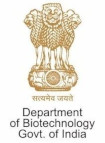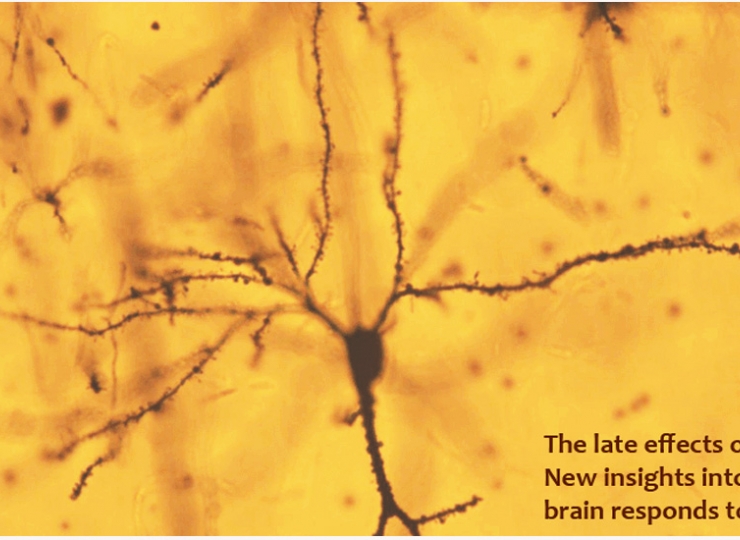
The Institute for Stem Cell Science and Regenerative Medicine (inStem), is a state-of-the-art research institute in Bangalore, India, dedicated to the study of stem cells and regenerative biology with translational emphasis. inStem is a front-runner in advancing scientific knowledge and translating it into clinical solutions. inStem is a member of the Bangalore Life Sciences Cluster (BLiSC). Image credit: www.impact.science (powered by CACTUS Communications)
The Institute for Stem Cell Science and Regenerative Medicine (DBT-inStem), an autonomous institution under the Department of Biotechnology, is pleased to announce the initiation of an innovative research project funded by the Bill & Melinda Gates Foundation, to develop stem cell-based organoid models to help de-risk targets and establish new programs through reagent generation for the Gates Foundation’s NHC (Non-Hormonal Contraceptive) initiative.
Modern contraceptive technology available at women’s disposal is often centered on hormonal control of reproduction, which has undesirable effects on their health and well-being. Hence, there is a greater need for identifying safe, non-hormonal contraceptives for improved reproductive choice and health. Developing suitable models to de-risk NHC molecules at early stages and assess the safety of any new drug or intervention is paramount. A major challenge in undertaking such initiatives is the lack of model systems to study human reproductive biology and early-stage development. Human pluripotent stem cell-derived organoids can replicate some aspects of early-stage development and provide robust laboratory models to help de-risk drugs. Simultaneously, developing reagents and substrates to interrogate biologically relevant targets indigenously is also essential. The collective team at inStem aims to fill these gaps and includes stem cell biologists, chemists, and structural biologists from the inStem faculty, and the chemical biology and therapeutics team, along with cryoEM capability from the National Centre for Biological Sciences, bringing substantial experience and expertise to both goals.
“Women’s health, especially reproductive biology is a greatly understudied area. Understanding mechanisms involved in early development will help make transformative discoveries and the development of safer alternatives to existing drugs and products. This first-of-its-kind, ambitious project will develop stem cell and organoid-based tools to help enable the drug discovery process at an array of intervention strategies in vitro.” said Professor Maneesha Inamdar, Director, DBT-inStem and Principal Investigator on the grant.
The project represents a crucial step in advancing women’s health and reproductive biology research.










